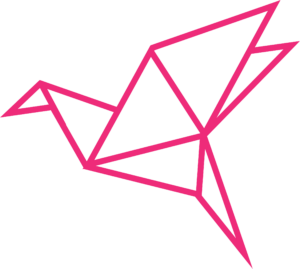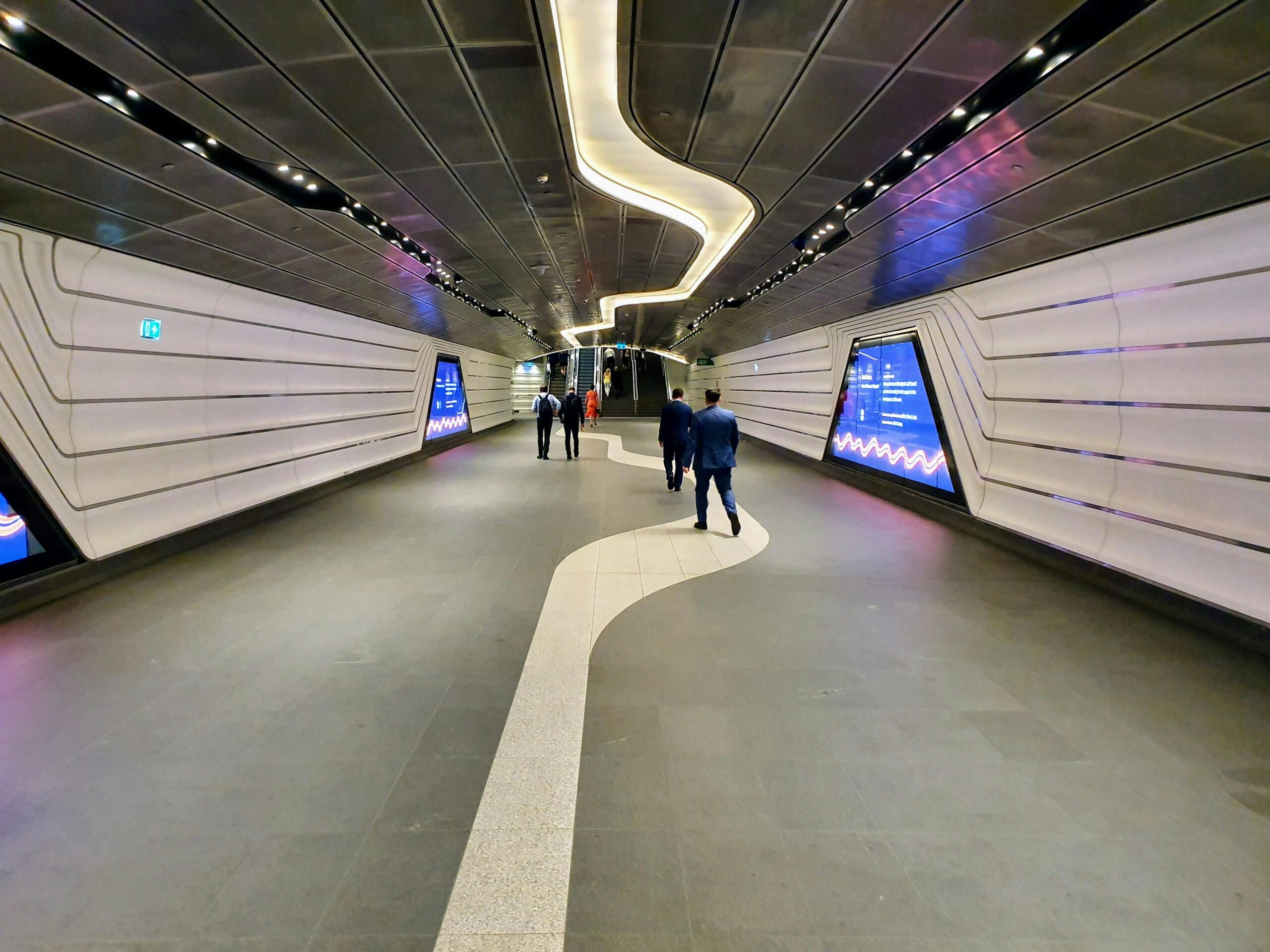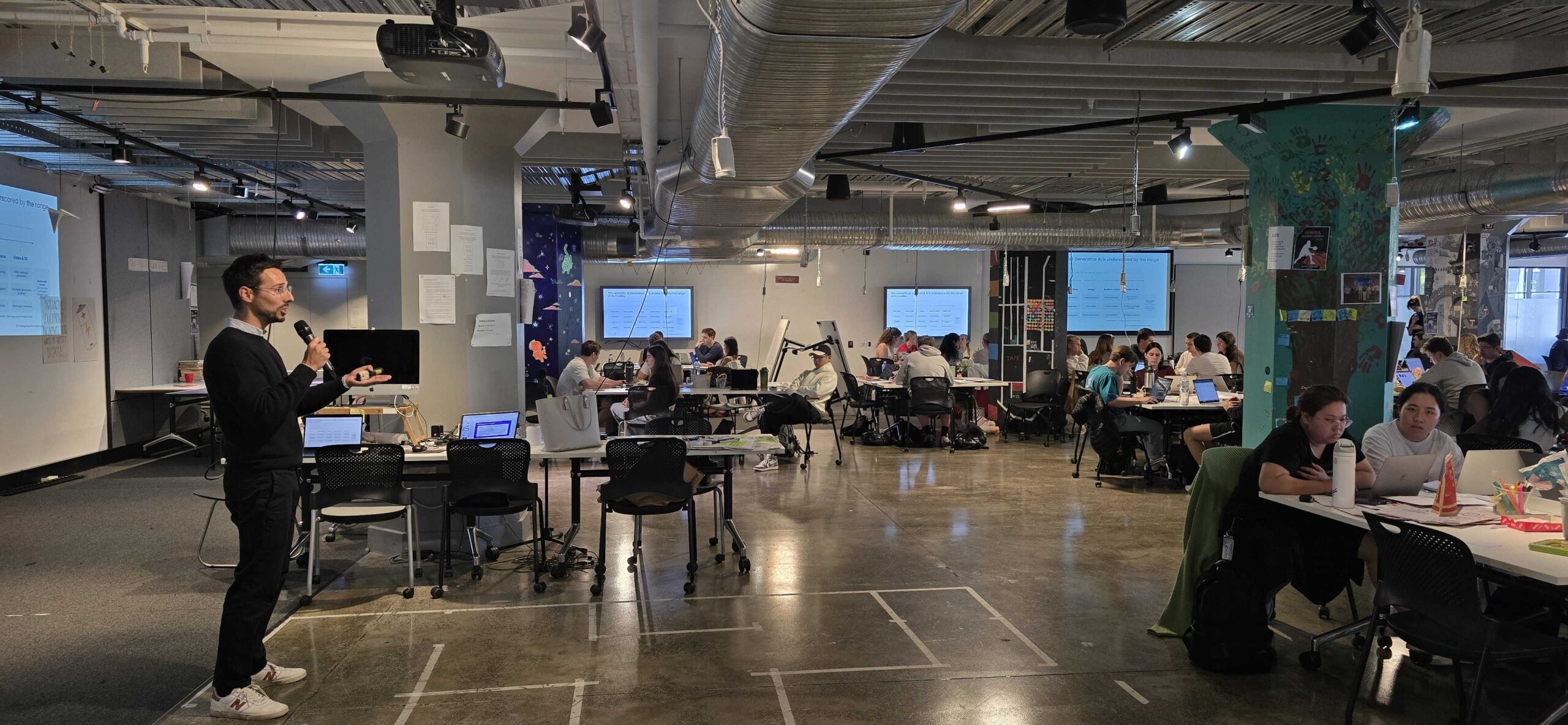By Dr. Jeffrey Tobias
If you ever wondered why your competitors have all the answers, it’s possible they don’t – they just know whom to ask.
The second-most scary thing any organisation can do is to try something new. The scariest thing is to do nothing at all.
This is the quandary an organisation faces when it experiments, whether it’s a new product, service offering or an entirely new business model. But the danger from standing still is far greater as less fearful competitors steal opportunities from incumbents.
Experimentation is key to the Lean Start-up approach. It leads to faster cycle times, products better suited to their customers, and less time and money building something no one ultimately wants. Alloyed to this notion is experimenting with customers, empathising with their insights and seeking approval in an iterative way that reflects their tastes and behaviours.
Here are examples of companies openly experimenting with their customers to innovative new products (and those that isn’t):
GE – Part of a US$1 billion revamp of its US$5.6 billion-a-year business, the white-goods maker fielded a cross-functional design team that brought customers into what it calls its “FastWorks” process. GE asked customers’ opinions of an evolving lineup of rapid fridge prototypes, integrating feedback iteratively into the next version. This ran against the grain of GE’s formerly internally focused, five-year plan. GE vice-president of technology Kevin Nolan nails why organisations should open innovation: “How do we become much more open and collaborative with the customer base? You can’t do that if you want to be secretive.”
Carsdirect.com – One of the shiniest examples of experimenting with your customers was this early online car dealer’s approach to testing an hypothesis. In 1998, years before paying online by credit card was the norm, Cars Direct took orders for automobiles it didn’t even have. When four people paid deposits on the first night the site went live, it proved there was a market for online car sales that justified investing in a technical solution and business relationships with carmakers. Last year, financial services company KKR paid US$1.1 billion for the business (now called Internet Brands).
Online retailers, disrupters of the High Street shop, will often maintain pages on their website for goods they don’t sell or say are out of stock. At first this might seem counterintuitive and anti-customer service. But they use these pages as a ‘honeypot’ to collect data about consumer trends and tastes. The website administrators see the search-engine queries coming through and use them to determine future stock levels and even take orders for goods they don’t yet offer, spreading their risk and gauging emerging demand.
File this in the “If only they had asked” folder: If you’re a motorist, you’ve likely seen fuel bowsers where you can plug in your credit card but have you ever used one? Oil companies seek to improve customer service by speeding drivers on their way while keeping down employee costs. But the solution was rolled out without considering driver behaviour. Instead, they should have built dummy pump terminals to record how many people attempted to pay this way, notifying them the service would be “coming soon”. In this case, such a “minimum viable product” (MVP) would have created data to test the hypothesis without deployment costs.
What these examples show is there’s a difference between a prototype that gives you only just what you need to prove (or disprove) your business case and a costly pilot or commercial rollout.
The Strategy Group recommends organisations continue to push the boundaries and innovate but do it sensibly and rapidly through the use of a MVP while involving customers in the process.
Have a question about whether your innovation strategy is on track and how to start experimenting out in the open? Call us for a quiet chat and we can explore the options for speedy deployment of innovative solutions +612 9388 9925 or email me: jeffrey@thestrategygroup.com.au












